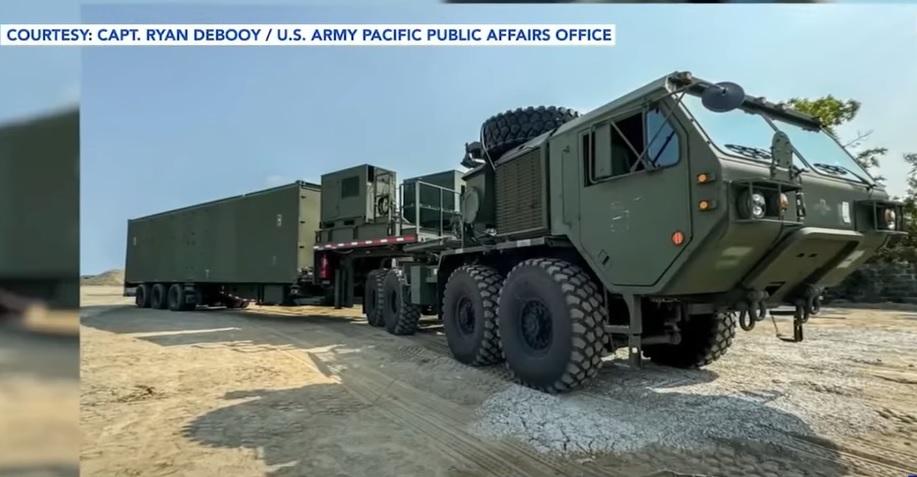PH dismisses China’s opposition to US Typhon missile deployment

Defense Secretary Gilberto Teodoro Jr. on Tuesday dismissed the opposition of China to the deployment of the United States Typhon missile system to the Philippines.
In a statement on Tuesday, Teodoro pointed out that “the deployment of US mid-range missile assets to the Philippines in the context of joint exercises are completely legitimate, legal, and beyond reproach.”
“The Philippines is a sovereign state, not any country’s ‘doorstep.’ Any deployment and procurement of assets related to the Philippines’ security and defense fall within its own sovereign prerogative and are not subject to any foreign veto,” Teodoro said.
He added that the improvement of Philippine defense capabilities under the Comprehensive Archipelagic Defense Concept (CADC) is for the country’s own national interest and in accordance with independent foreign policy.
“It is not targeted against specific countries. Instead, it is targeted against security risks, threats, and challenges,” Teodoro maintained.
Beijing on Monday expressed its opposition after Philippine Army chief Lieutenant General Roy Galido said the military plans to acquire the US Typhon missile system to protect the country's maritime interests.
“Let me stress again that the Philippines, by bringing in this strategic offensive weapon, is enabling a country outside the region to fuel tensions and antagonism in this region, and incite geopolitical confrontation and arms race,” Chinese Foreign Ministry spokesperson Mao Ning said in a press conference.
“Such a move is provocative and dangerous, and it is an extremely irresponsible choice to its own people and people of all Southeast Asian countries, to history, and to regional security. What the region needs is peace and prosperity, not the missile system or confrontation,” she added.
The US Army deployed the mid-range missile system in the northern Philippines earlier this year for annual joint military exercises.
Typhon, also known as the Strategic Mid-range Fires System (SMRF), is a United States Army transporter erector launcher that can fire Standard SM-6 and Tomahawk missiles.
“We once again urge the Philippines to heed the call from regional countries and their peoples, correct its wrongdoings as soon as possible, quickly pull out the Typhon missile system as publicly pledged, and stop going further down the wrong path,” Mao said.
For Teodoro, the Chinese government should stop its aggressive actions if it wants to reduce the tension in the region.
The Defense Secretary also called out China for its development of nuclear arsenal and ballistic missile capability as well as its supposed support to syndicates and human rights violations.
“If the Chinese Communist Party is truly intent on reducing tensions and instability in the region, they should cease their saber rattling, stop their provocative actions, halt their interference in other countries' internal affairs, withdraw their illegal presence from the Philippines' EEZ, and adhere to International Law,” he said.
“While the CCP is criticizing the modest capability development of the Philippines, they are continuously building up their nuclear arsenal and ballistic missile capability, sponsoring criminal syndicates and subversive organizations beyond their shores, and are unwilling to uphold human rights in their own country,” he added.
Tensions continue as Beijing claims almost all of the South China Sea, a conduit for more than $3 trillion of annual shipborne commerce, including parts claimed by the Philippines, Vietnam, Indonesia, Malaysia, and Brunei.
In 2016, an international arbitration tribunal in Hague ruled in favor of the Philippines over China's claims in the South China Sea, saying that it had "no legal basis." China has not recognized the decision and has deployed maritime forces in the disputed waters.—RF, GMA Integrated News





